recommended to go for single table in Cassandra.
I would recommend the opposite. If you have to support multiple queries for the same data in Apache Cassandra, you should have one table for each query.
What are the consistency issues in having multi-table schema? in Cassandra...
Consistency issues between query tables can happen when writes are applied to one table but not the other(s). In that case, the application should have a way to gracefully handle it. If it becomes problematic, perhaps running a nightly job to keep them in-sync might be necessary.
You can also have consistency issues within a table. Maybe something happens (node crashes, down longer than 3 hours, hints not replayed) during the write process. In that case, a given data point may have only a subset of its intended replicas.
This scenario can be countered by running regularly-scheduled repairs. Additionally, consistency can be increased on a per-query basis (QUORUM vs. ONE, etc), and consistency levels of QUORUM and higher will occasionally trigger a read-repair (which syncs all replicas in the current operation).
Can we avoid consistency issues in Cassandra? with these terms QUORUM, consistency level etc...
So Apache Cassandra was engineered to be highly-available (HA), thereby embracing the paradigm of eventual consistency. Some might interpret that to mean Cassandra is inconsistent by design, and they would not be incorrect. I can say after several years of supporting hundreds of clusters at web/retail scale, that consistency issues (while they do happen) are rare, and are usually caused by failures to components outside of a Cassandra cluster.
Ultimately though, it comes down to the business requirements of the application. For some applications like product reviews or recommendations, a little inconsistency shouldn't be a problem. On the other hand, things like location-based pricing may need a higher level of query consistency. And if 100% consistency is indeed a hard requirement, I would question whether or not Cassandra is the proper choice for data storage.
Edit
I did not get this: "Consistency issues between query tables can happen when writes are applied to one table but not the other(s)." When writes are applied to one table but not the other(s), what happens?
So let's say that a new domain is added. Perhaps a scenario arises where the domain_details_table gets updated, but the id_table does not. Nothing wrong here on the database side. Except that when the application expects to find that domain_id in the id_table, but cannot.
In that case, maybe the application can retry using a secondary index on domain_details_table.domain_id. It won't be fast, but the decision to be made is more around which scenario is more preferable; no answer, or a slow answer? Again, application requirements come into play here.
For your point: "You can also have consistency issues within a table. Maybe something happens (node crashes, down longer than 3 hours, hints not replayed) during the write process." How does RDBMS(like MySQL) deal with this?
So the answer to this used to be simple. RDBMSs only run on a single server, so there's only one replica to keep in-sync. But today, most RDBMSs have HA solutions which can be used, and thus have to be kept in-sync. In that case (from what I understand), most of them will asynchronously update the secondary replica(s), while restricting traffic only to the primary.
It's also good to remember that RDBMSs enforce consistency through locking strategies, as well. So even a single-instance RDBMS will lock a data point during an update, blocking any reads until the lock is released.
In a node-down scenario, a single-instance RDBMS will be completely offline, so instead of inconsistent data you'd have data loss instead. In a HA RDBMS scenario, there would be a short pause (during which you would likely encounter connection/query failures) until it has failed-over to the new primary. Once the replica comes up, there would probably be additional time necessary to sync-up the replicas, until HA can be restored.
